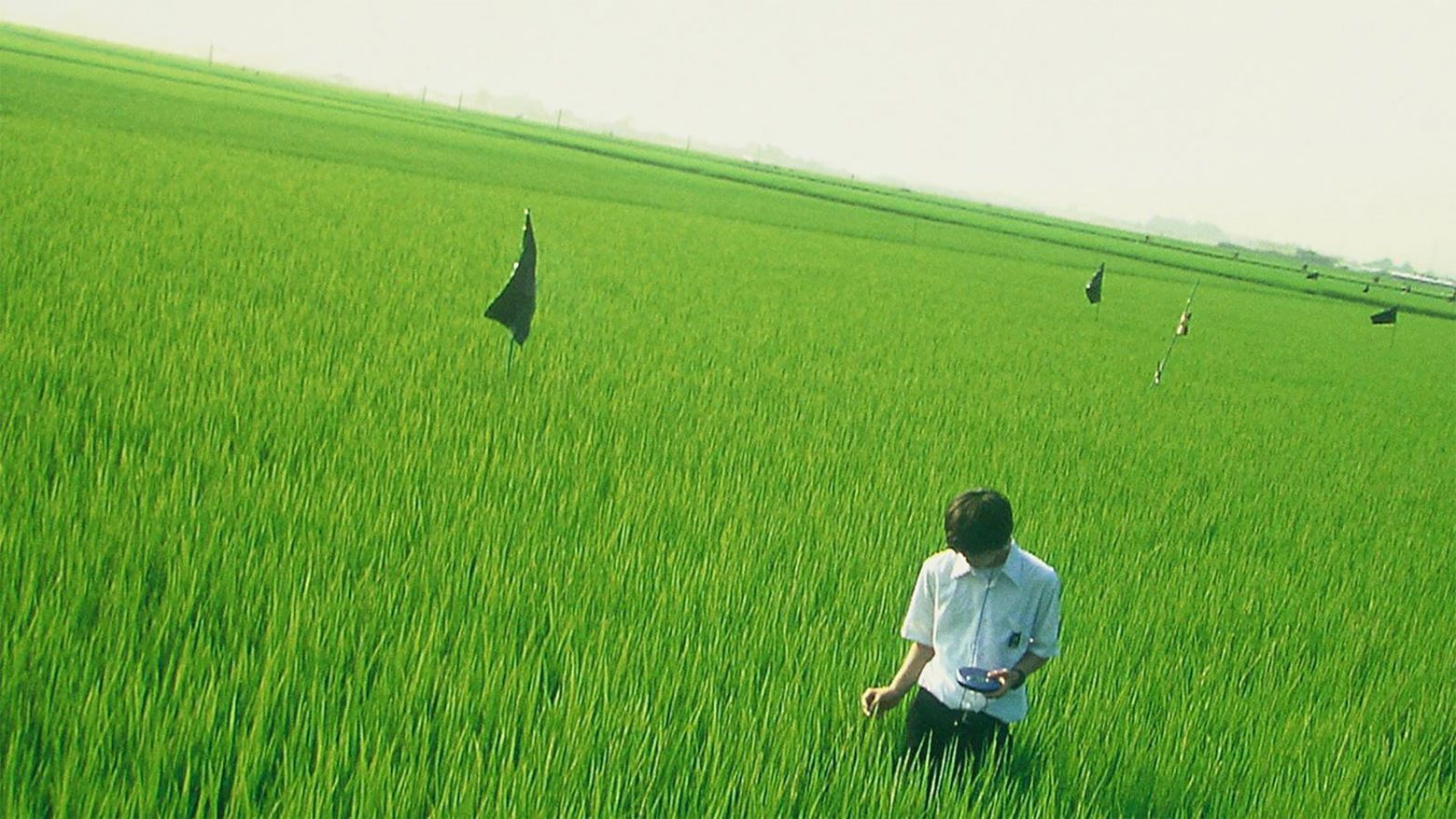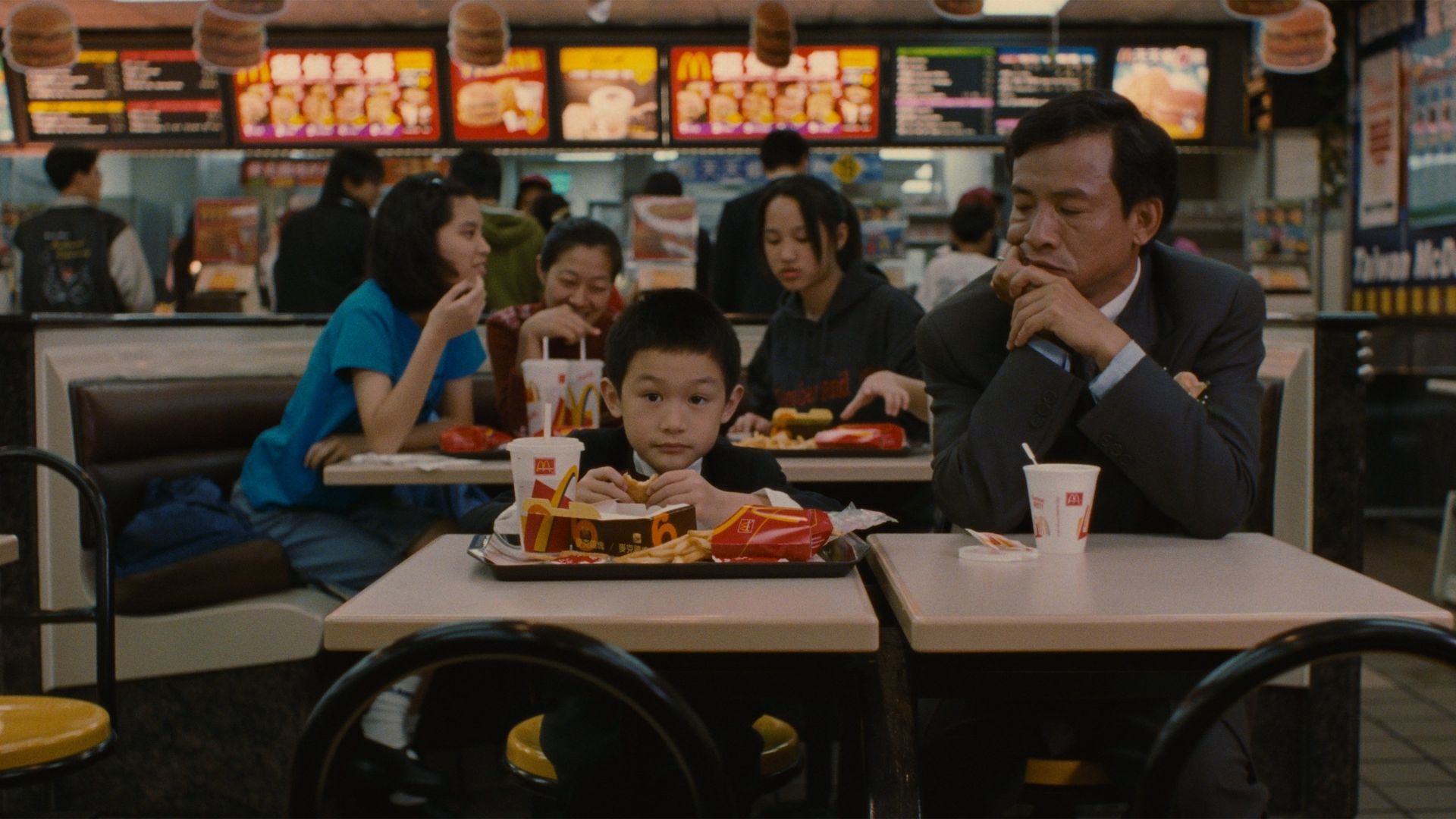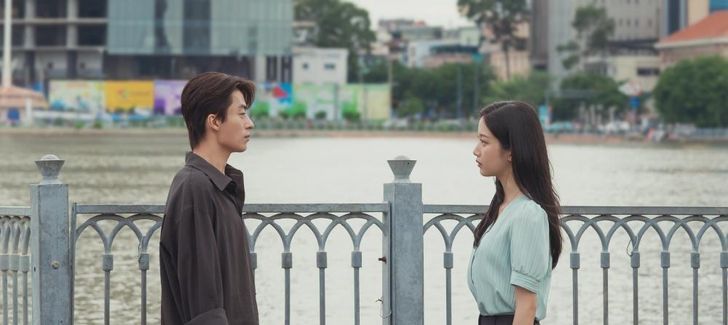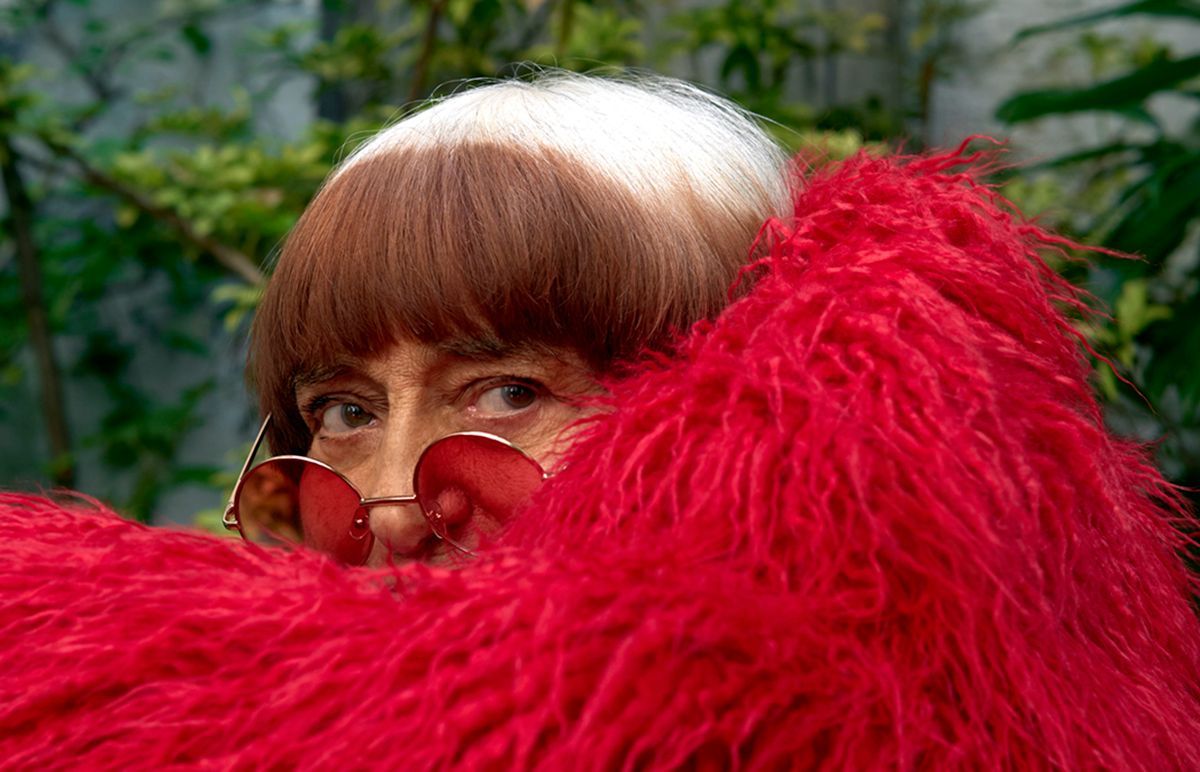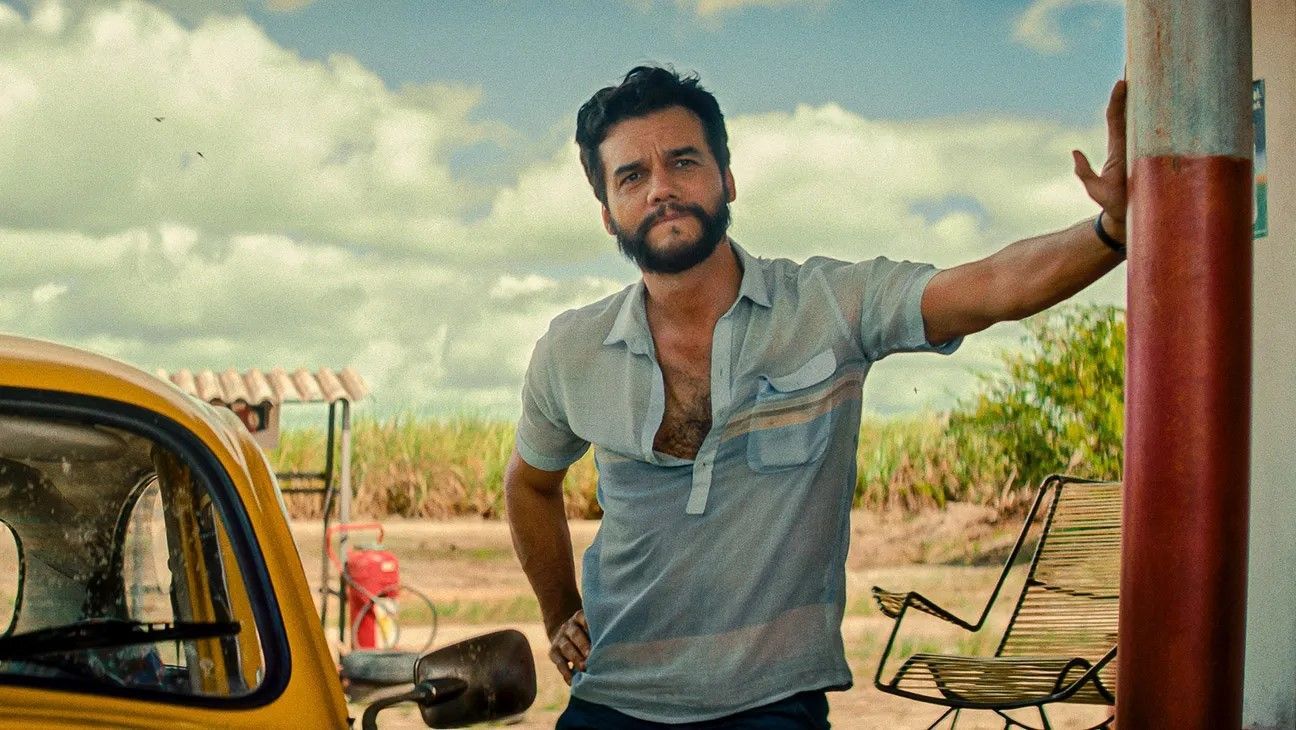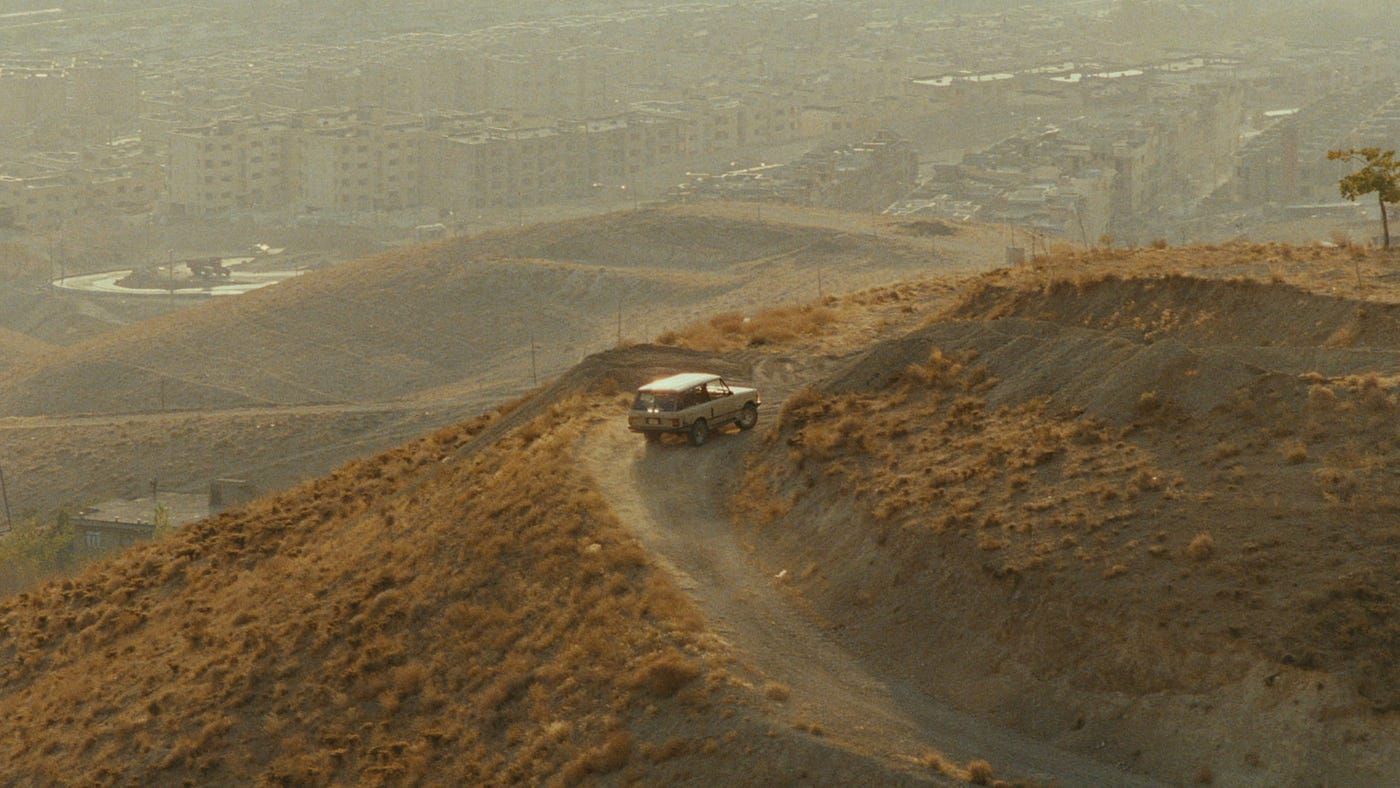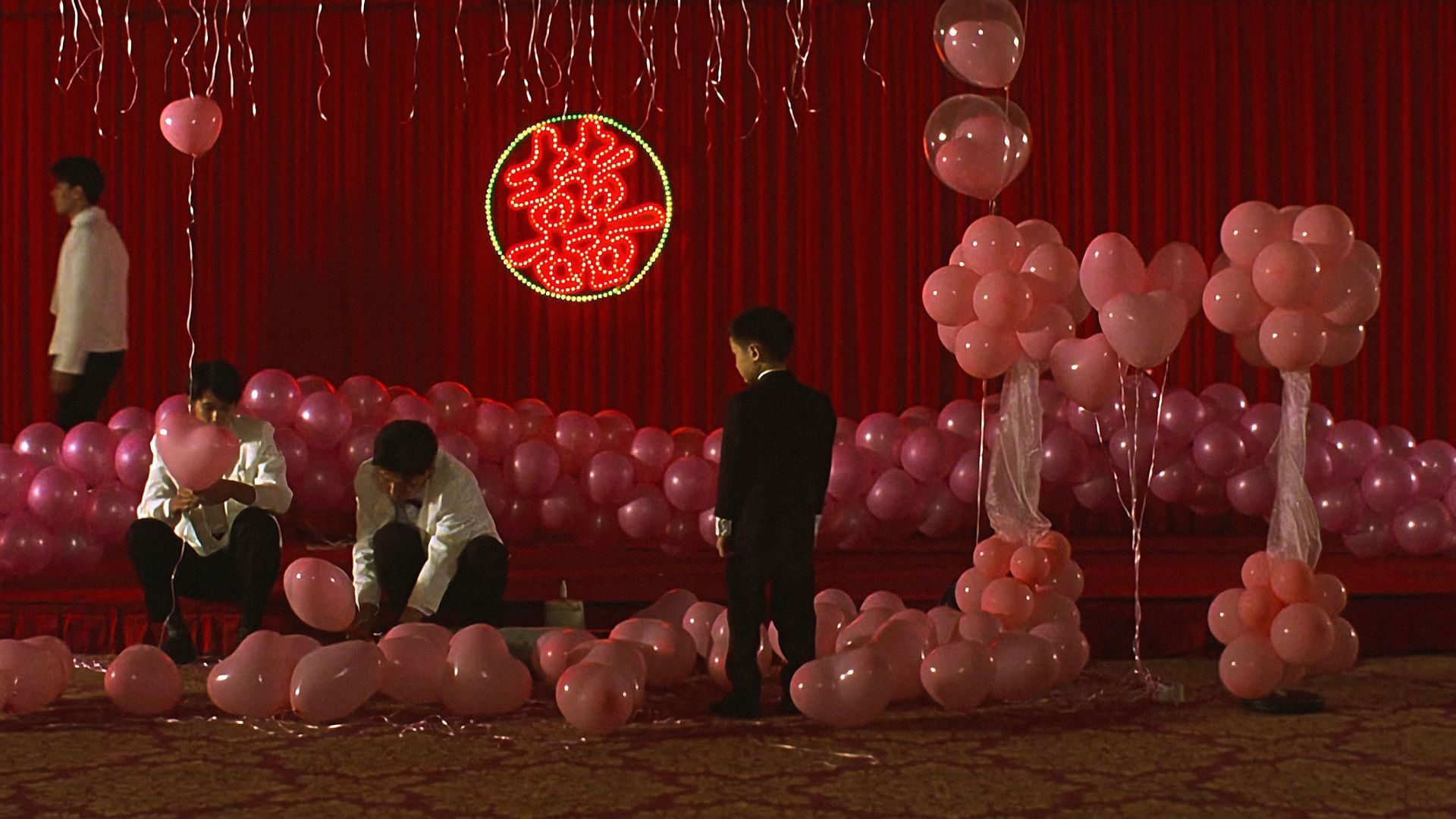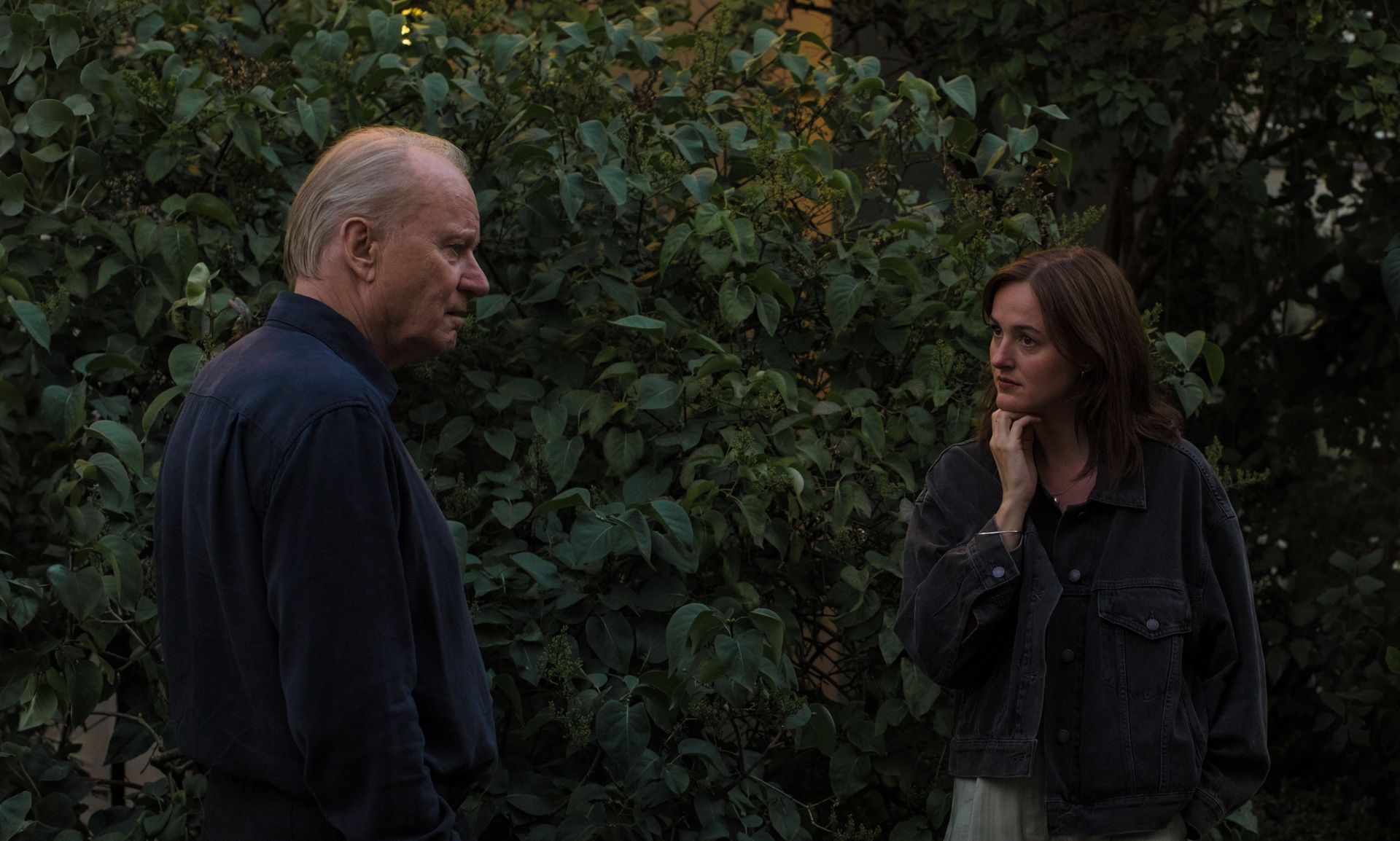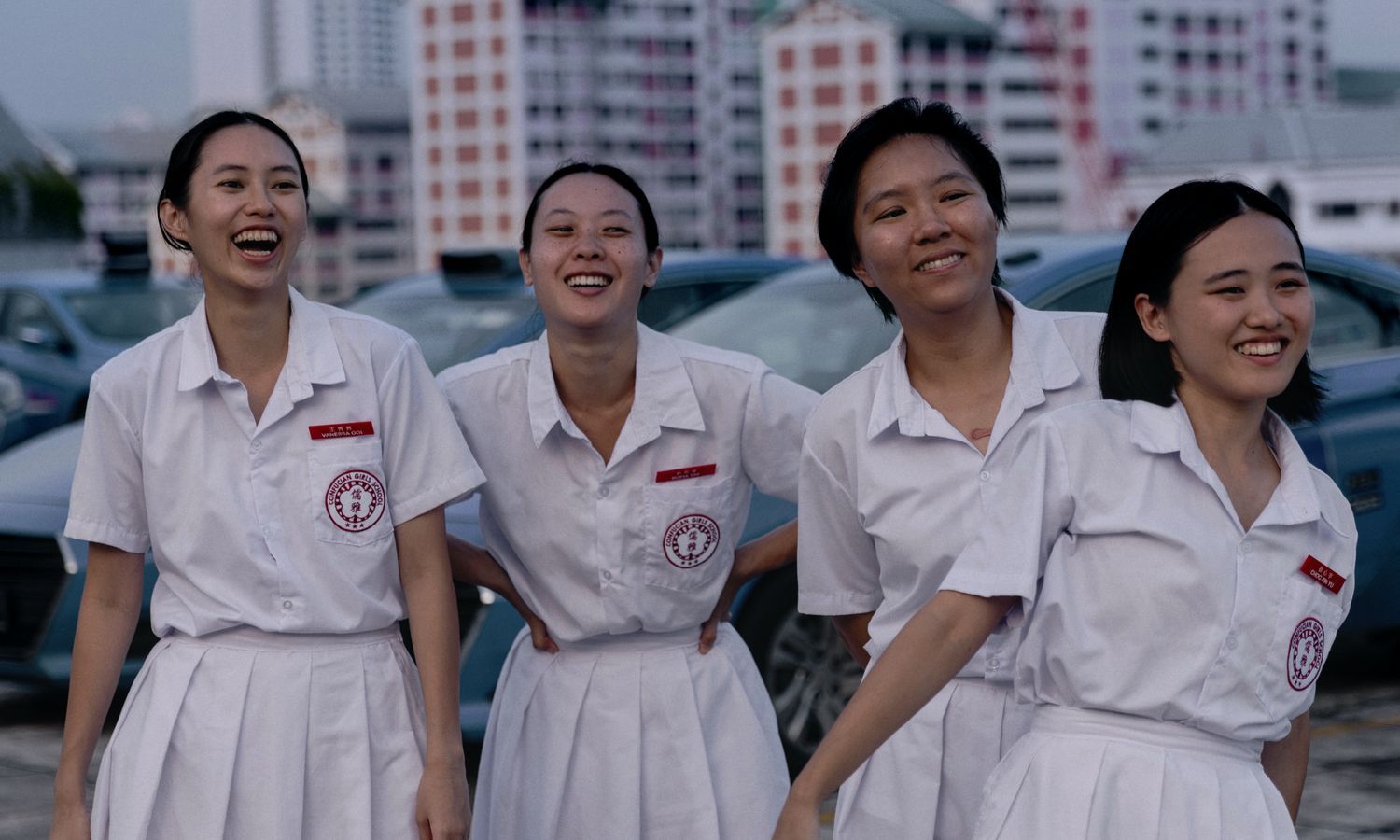Film Review #10: LION CITY
Film Review #10: LION CITY
*This film review may contain plot spoilers, reader discretion is advised.*
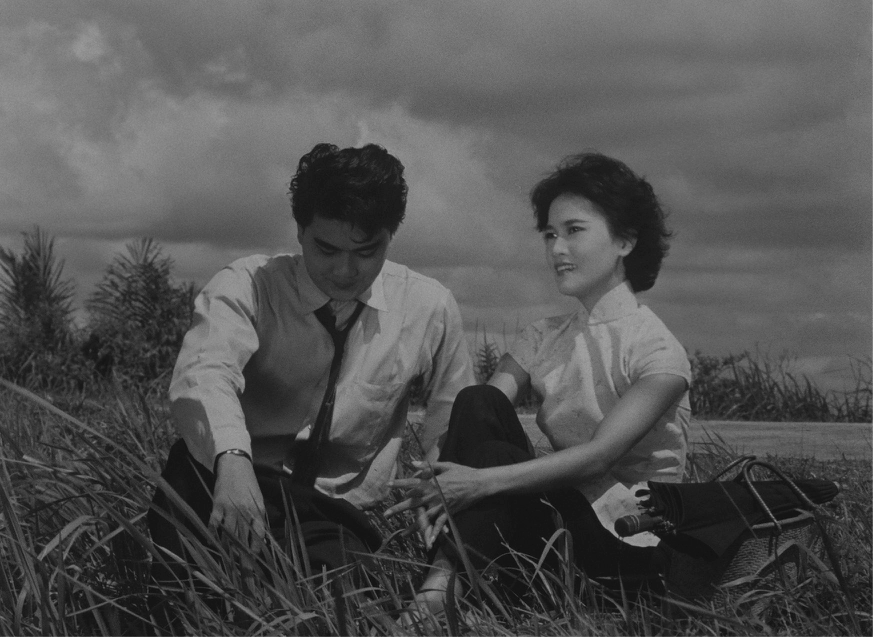
Film still from Lion City
What 1960’s The Lion City represents is arguably more interesting than the film itself. To talk strictly in terms of history, it was the first film produced by Cathay-Keris post-war that was predominantly Chinese in its make. Until then, Cathay-Keris had been a studio that solely produced Malay films, and while The Lion City was not the first in a tidal wave of change for that system, it certainly opened the doors for a more diverse cinema to be created. Chinese-language films had been shot in Singapore prior to this, both pre- and post-war, but none had the strong backing and perhaps outreach that was provided by Tan Sri Loke Wan Tho’s Cathay Organization.
Besides that, the way The Lion City presents itself as a “Singaporean” film warrants a deeper dive. The film feels unabashedly traditional in its structure, with staging and acting that one would expect of Chinese-language films of this era from other countries, such as Hong Kong’s Mambo Girl (1957) and The Wild, Wild Rose (1960). Injected into that, however, is a story and backdrop that proselytises Singapore to the point of unintentional hilarity.
The film starts off with a three-minute song number, proudly proclaiming Singapore’s innate beauty and racial unity, and just to hammer it in, it also has one or two additional song numbers peppered in it, as well as chunks of conversational dialogue that continuously highlight just how glorious this place is. Along the way, it is paired with footage that showcases Singapore’s rural and coastal landscapes and cityscapes, and as retroactively humorous as its blatant patriotism may be, it is here that I felt the most enjoyment out of this movie, finding its true worth as a filmed historical record of a place long since drastically changed.
The script also deserves some merit, though less in the actual plot and more in how it allowed itself to sprinkle in bits of contemporaneous commentary. The story of the film, about a romance between the son of a factory owner (Pan En) and a poor factory worker (Orchid Wong), is serviceable, if not a bit hackneyed. Once more, the most noteworthy thing about it is its dash of Singaporean flair, ranging from small things, like the occasional phrase in Hokkien or English in the middle of strictly Mandarin dialogue, to more social issues, such as referencing the People’s Action Party and upcoming elections.
These eccentricities, while clearly done to warm the film up to the local audience, also serve as an introduction to Singapore of sorts for the wider Chinese diasporic audience. One must remember that Tan Sri Loke Wan Tho’s influence reached more than just Singapore; in 1955, he bought a film company in Hong Kong and would transform it into what we now know of as the influential Motion Picture & General Investments Limited (MP&GI) studio. The aforementioned Mambo Girl and The Wild, Wild Rose, two films that are now regarded as classics of Hong Kong cinema, came from them. Through this, he would create and export Chinese-language films throughout Southeast Asia, establishing some of the most popular films and stars of the time for its diasporic Chinese audience.
I bring this up as I thought about the movie’s place in the wider Chinese diasporic cinema, and how it actively sought itself to be representative of an island in the early throes of change. There is no surviving record that confirms if The Lion City was ever screened overseas, but newspapers of the time reflected that it was a success locally, so clearly it struck a chord with the local audience at the time. The Lion City is a film that I respect for what it stands for, and if you find that intriguing, I recommend giving it a watch wherever you can.
——————————————————————————-
This review is published as part of *SCAPE’s Film Critics Lab: A Writing Mentorship Programme, organized by The Filmic Eye with support from Singapore Film Society and Sinema.
About the Author: Wei Li Heng is an avid lover of uncovering and writing about obscure and underseen Asian cinema. He hopes to discover local cinematic gems and share them to a wider audience.


